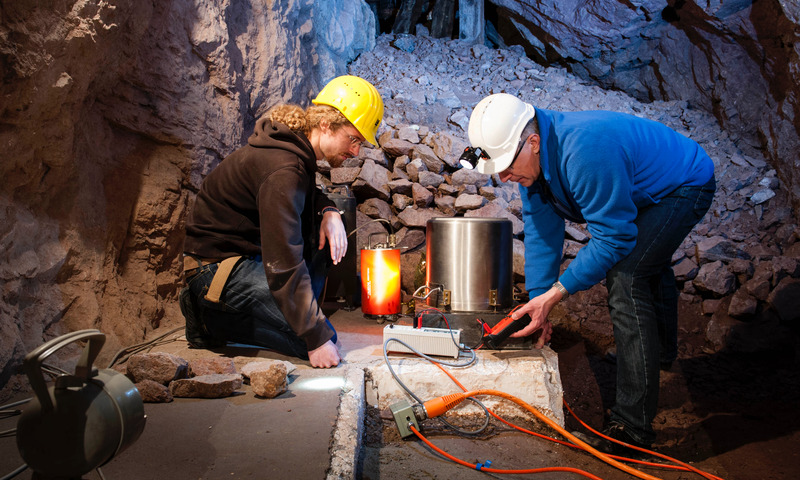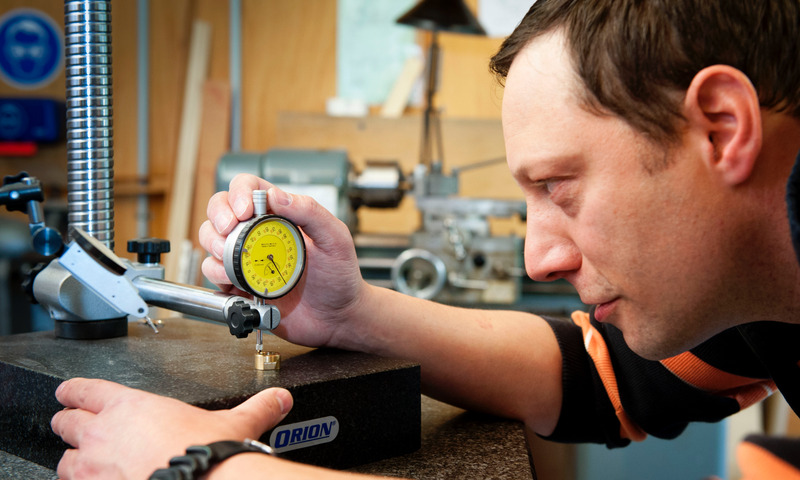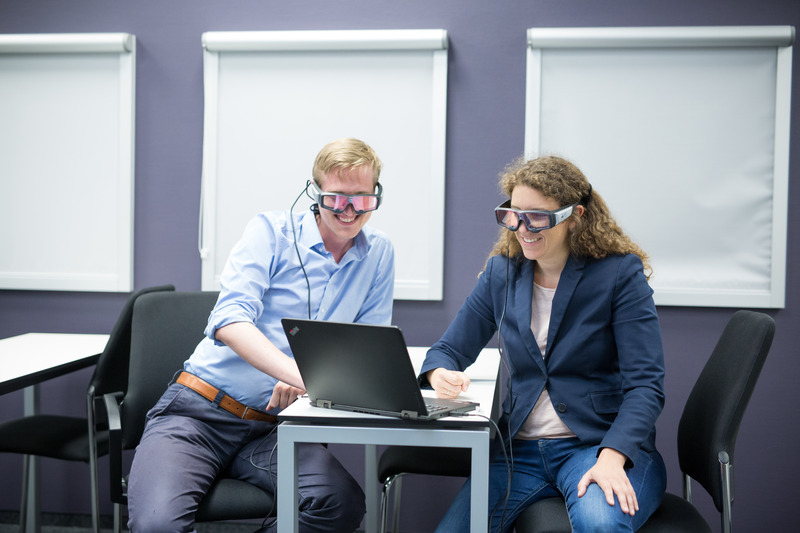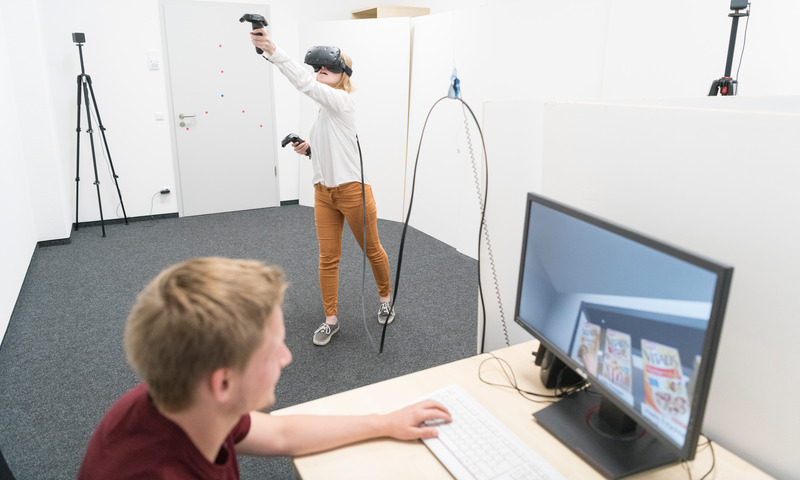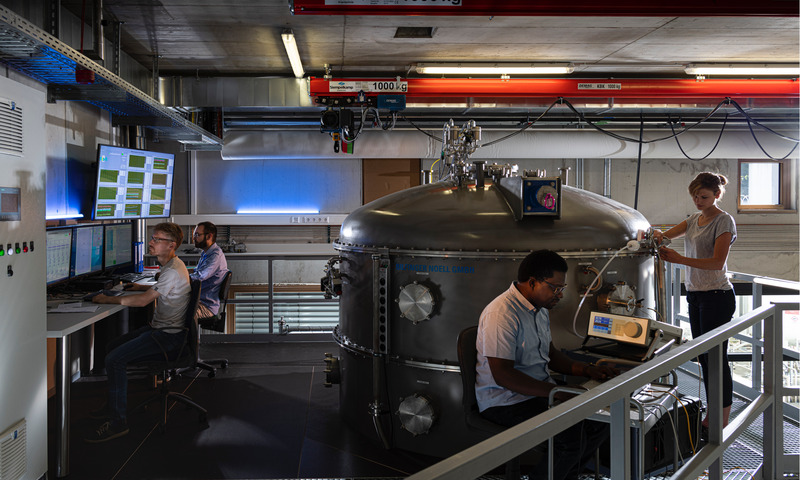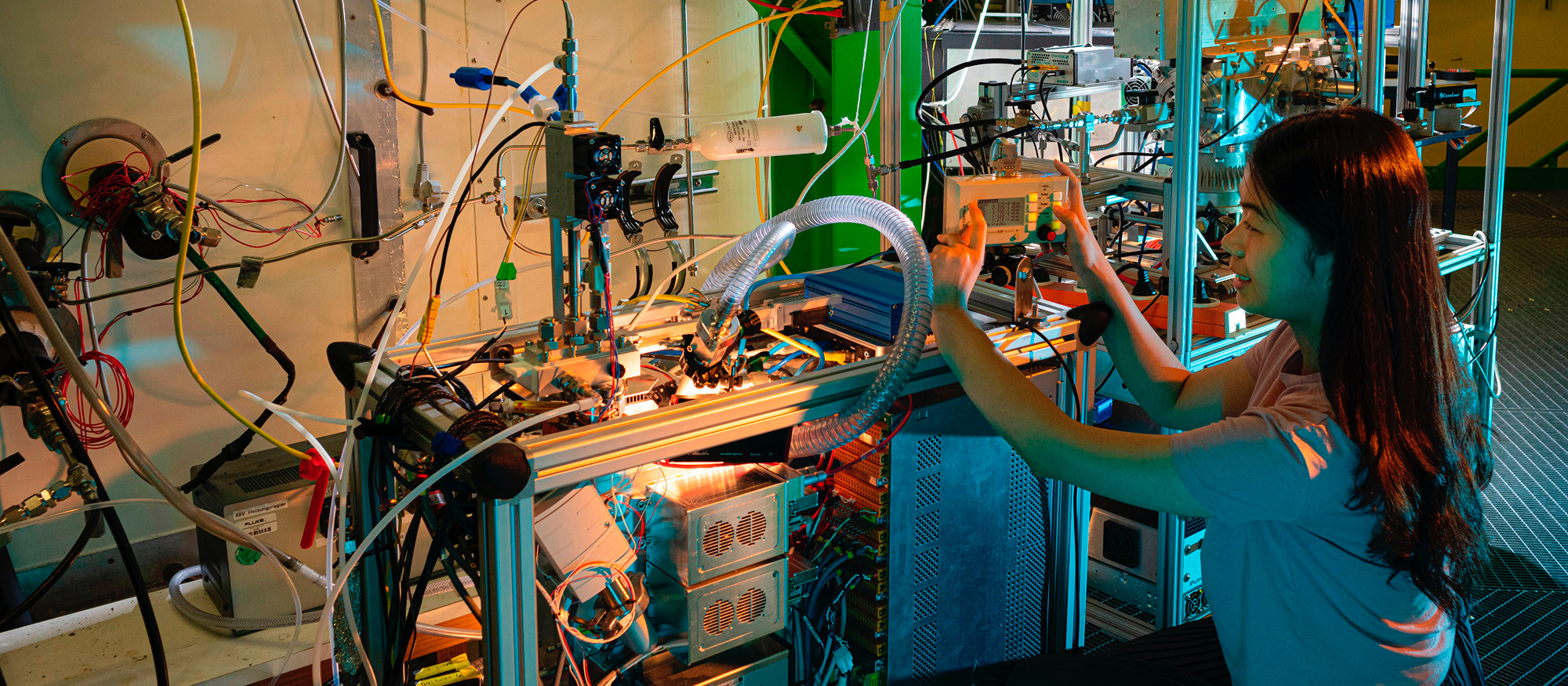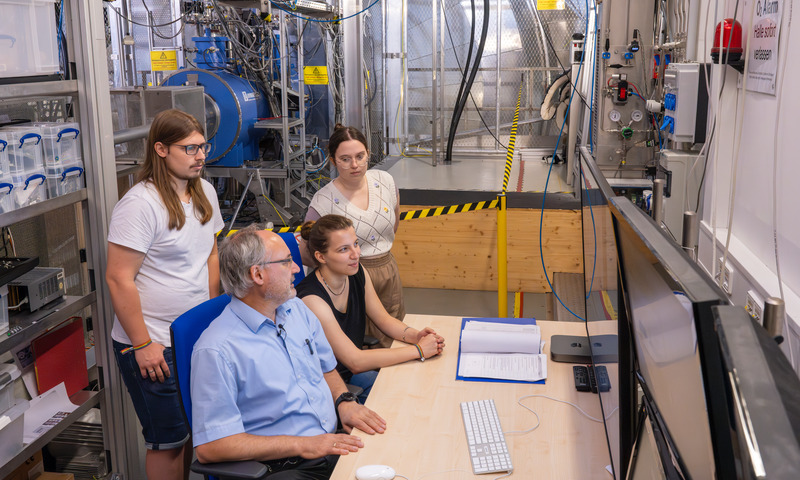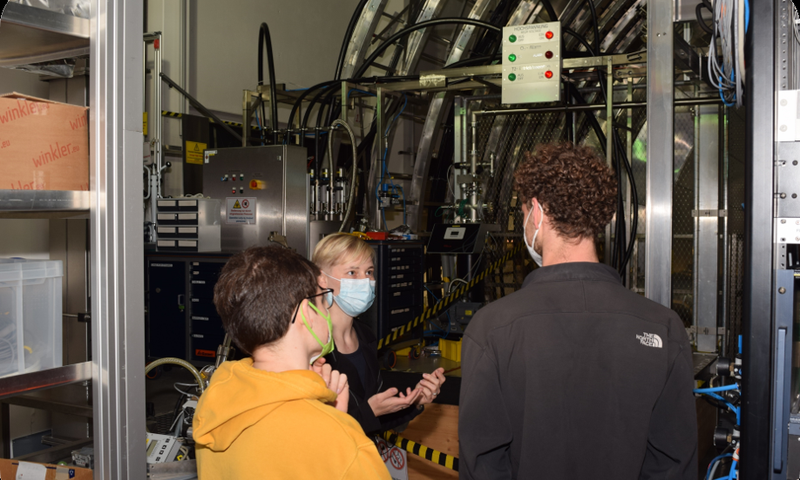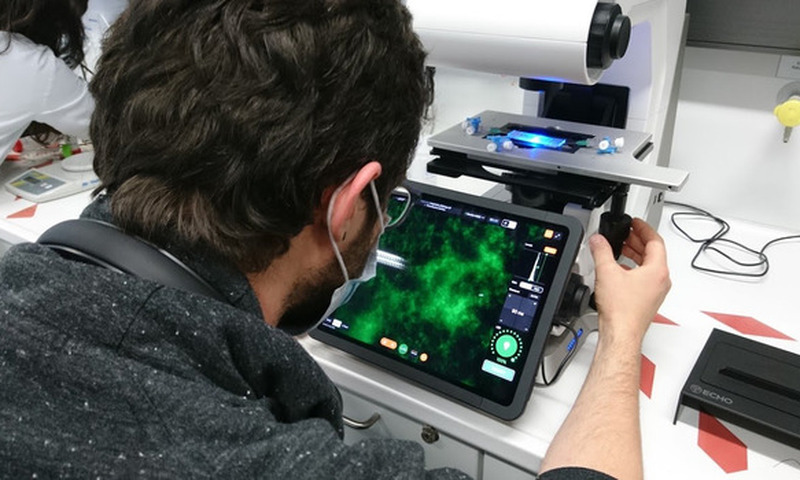Observatory Course
| Contact person | Dr. Forbiger, Prof. Rietbrock, Prof. Kutterer |
| Degree Programm | Masters Degree in Geophysik, Geodäsie and Geoinformatik |
| Infrastructure | Black Forest Observatory |
| Number of participants | 10 |
| Has taken place | since summer semester 2021 |
After preparation, students are given the opportunity to carry out practical work at the BFO. This ranges from setting up and calibrating sensors to carrying out and evaluating experiments. Measurement data from self-installed seismometers are compared with those of the BFO seismometers and the influence of measures to shield against interference is discussed in this context. In the reporting phases, students document their experiments and results and evaluate the reports of other participants in a simplified peer review process. In a final meeting, the review process and the results are discussed and open questions are clarified.
New Ways & Tools in Experimental Economics
| Contact person | Prof. Weinhardt |
| Degree Programm | Master's degree in economics, business informatics, business mathematics |
| Infrastructure | Kd2Lab |
| Number of participants | 20 |
| Has taken place | 2021 to 2023, each winter semester |
Research internship in addition to the lecture “Experimental Economic Research”, which gives interested students the opportunity to apply the theoretical knowledge from the lecture in practice. A special focus is placed on the use of future-oriented measurement methods (e.g. use of sensors to record emotional and physiological states), modern technologies (e.g. virtual, augmented and mixed reality (VR/AR/MR)) and innovative concepts for empirical research (e.g. citizen science). As part of the course, students develop their own research project in small groups, implement an experiment, collect data and analyze it. In addition to conducting a scientific experiment, special attention is also paid to introducing students to scientific discourse at an early stage. The groups repeatedly present their interim results and reflect on them with the entire group and the lecturers. The final assessment of the final presentation is carried out by an interdisciplinary jury, whose questions the students answer.
Meteorological practical course for advanced students
| Contact person | Dr. Wagner |
| Degree Programm | Master in Meteorology and Climatic Physics |
| Infrastructure | Wolkenkammer AIDA |
| Number of participants | 10 to 12 |
| Has taken place | annually since 2016 (project duration 2020 - 22) |
Experiments on cloud formation at a unique experimental facility with state-of-the-art measuring instruments for cloud research. Conducted as a one-week block internship with the support of experienced researchers. Joint evaluation and presentation of the measurement results in a team (4-5 tutors). Internship is a compulsory course in the MA Meteorology.
Modern methods of spectroscopy
| Contact person | Dr. Wolf Studiengang |
| Degree Programm | Master in Astroparticle Physics |
| Infrastructure | KATRIN, Tritiumlabor Karlsruhe |
| Number of participants | 20 |
| Has taken place | since the summer semester 202, every semester |
In the practical experiment at the muon telescope - KATRIN main spectrometer, the relationship between cosmic muons and the background signals in the KATRIN experiment is investigated. Students have the opportunity to gain their own experience in controlling and coordinating a complex measuring apparatus and can carry out a comprehensive experiment, which is offered in the advanced practical course in the Master's program, instead of individual experiments with a longer time interval. In addition, an existing vacuum chamber will be converted into a MAC-E filter (the smallest version of the KATRIN experiment, which allows high-precision electron spectroscopy with electrons from tritium beta decay and monoenergetic conversion electrons of
83mKr for high-precision electron spectroscopy). Physics students can carry out experiments here during their Bachelor's degree and build on them for their Bachelor's thesis.
Productive Biofilm Systems
| Contact person | Dr. Sturm-Richter, Dr. Sturm |
| Degree Programm | Biology, chemical biology |
| Infrastructure | Biofilm analysis platform, OCT (optical coherence tomograph) |
| Number of participants | x |
| Has taken place | 2021 and 2022, 4 events of 4 weeks each |
The project consisted of two modules: a research module, in which a group of students worked together to acquire comprehensive knowledge of biofilm research, and a subsequent project module, in which individual students had the opportunity to consolidate and deepen this knowledge independently. In both parts of the course, the aim was for participants to develop their own questions and work on them independently. In addition to lectures, presentations and Q&A sessions, a large part of the course took the form of practical laboratory work. This simulated the future everyday life of young researchers during a doctorate, with great emphasis being placed on independent work (e.g. preparing scripts themselves, creating a laboratory timetable, producing all media, sticks etc. themselves). The courses were didactically supervised by the PEBA, evaluated and further developed together with the supervisors. At the end of the research modules, there was a small conference with poster presentations.

